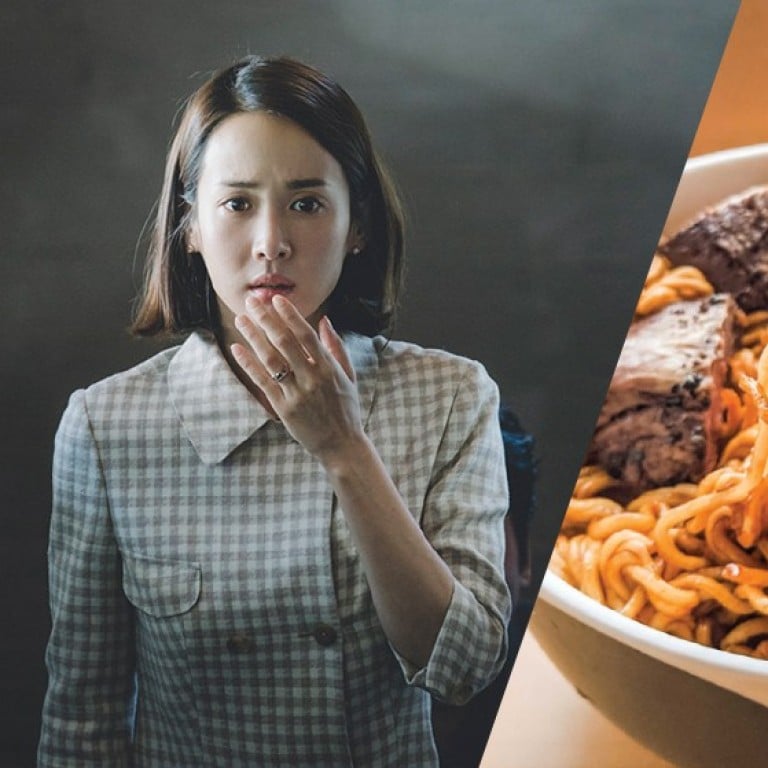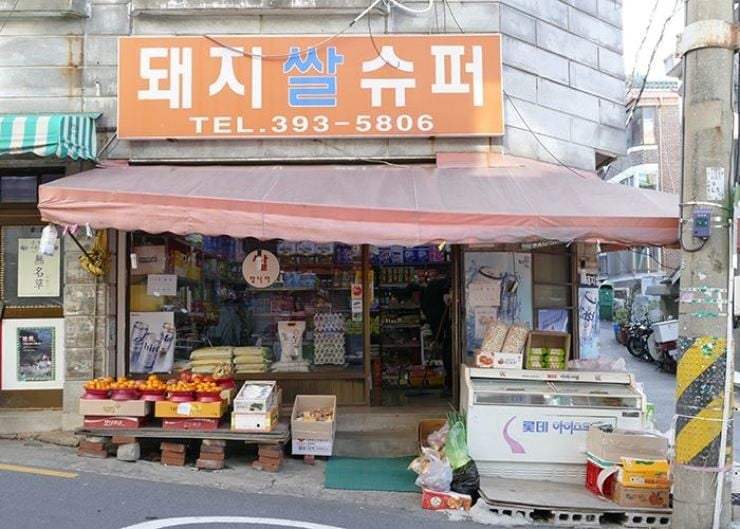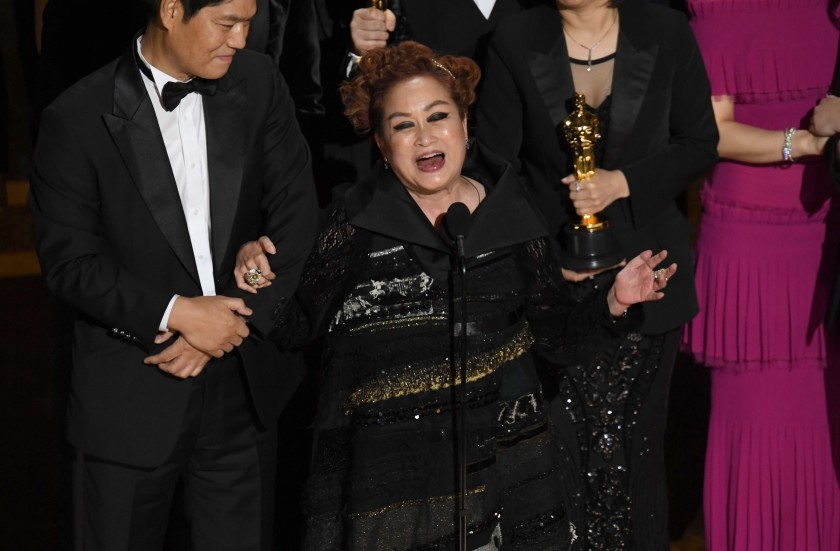What are ‘Ram-don’ noodles, from the Oscar-winning film Parasite, and why do they look so tasty?

The movie’s subtitle translator Darcy Paquet ‘invented Ram-don’ because it was too difficult to translate the Korean word, jjapaguri, into English
Bong Joon-ho’s Oscar-winning movie Parasite won viewers’ hearts with its nuanced portrayal of the interdependence and tensions between rich and poor in South Korean society. However, film-goers may have missed the significance behind one of the film’s most memorable scenes – the one featuring the “Ram-don” noodles.
The climactic moment involves the young mother, or mistress of the house, calling the housekeeper to ask her to prepare the noodle dish with premium Hanwoo beef. There was a palpable sense of tension evident during the preparation and consumption of the dish.
So what is Ram-don? The Washington Post says the word was “invented by subtitle translator Darcy Paquet, who found the actual Korean word for the dish, jjapaguri, too difficult to translate into English”.
If you look up jjapaguri, it’s essentially the mixing of two instant noodles packages together, Jjapaghetti and Neoguri.
Jjapaghetti is an instant version of Korean black bean noodles and it is served dry, while Neoguri is an instant version of udon – a slightly thicker version with a bit more chew – noodles that is served in a spicy soup which has a bit more umami. By all accounts, it’s a great combination with the salty, sweet flavours of the black bean in the Jjapaghetti, with a spicy umami kick from Neoguri to finish.
Instant noodles are food for the masses, and finding creative ways to make wallet-friendly products interesting is common within the working class.









